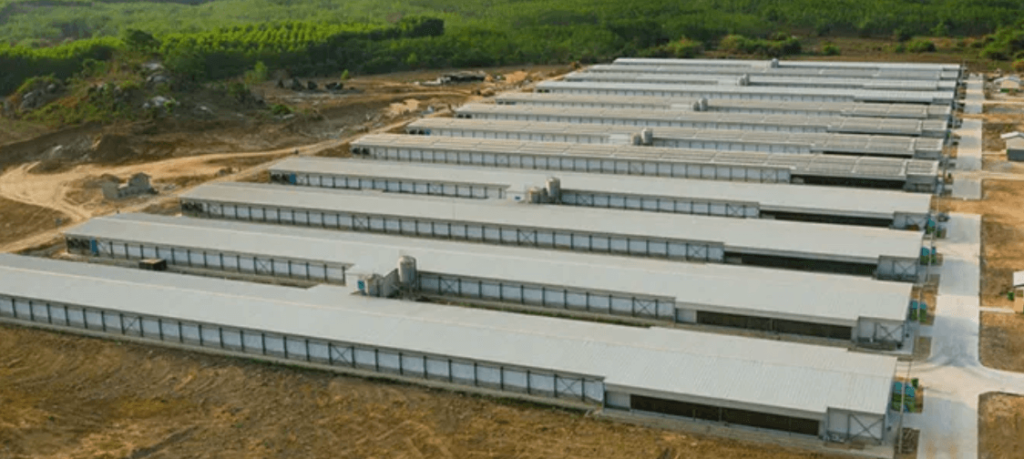Broiler farms and breeder farms 3 key differences that can help you make a purchase decision. If you’re interested in investing in a chicken farm, it pays to gain some basic understanding of them, especially the difference between breeder and broiler farms. Southwest Mississippi and in particular Amite County, Pike County, and Lawrence County have many chicken farms for sale. People who are not familiar with chicken farms are often confused between these two types of farms. That’s why we have prepared this handy guide to help answer some of the questions you might have about breeder and broiler farms for sale in Mississippi. Let’s get started.

What Are Broiler and Breeder Farms?
In broiler farms, farmers raise chickens that are meant for consumption. These chickens are usually supplied to restaurants, grocery stores, or any other places that sell chicken for consumption.
On the other hand, Mississippi breeder farms raise roosters (male) and hens (female) to produce fertilized eggs. These eggs are then sent to hatcheries, and eventually to the Mississippi broiler farms. A Breeder farm provides the first stage in the production of chickens that are meant to be eventually consumed.
Between Broiler Farms and Breeder Farms 3 Key Differences: What Are the Key Differences?
Besides the above-mentioned basic difference between these two types of farms, there are several other ways in which they’re different from each other.
1. Labor Requirements: Out of the two, Breeder farms are more labor-intensive. This means they need more time of hands-on labor to operate. Some of the everyday tasks in breeder farms include checking for eggs, gathering eggs, daily repairs, and checking the health of chickens, among others. Broiler farms, on the other hand, can be operated with fewer hours of labor. A farmer can easily operate around five to six broiler houses in a day.
2. Time to keep Flock: Another prominent difference is the length of time for which the flock of chickens is kept on the farms. For instance, in breeder farms, a flock is kept for around a year. But, broiler farms keep their chickens for not more than 63 days. It depends on the target weight of the chickens.
3. Turnaround Time: This is another key difference between breeder and broiler farms. While broiler farms take just a few days or weeks to turn around their houses, it takes around six weeks for breeder farms to be prepared for new birds.
In Conclusion:
Considering the above differences, the type of Mississippi chicken farm you should invest in depends on the amount of labor and time you can devote to this business. For more guidance on investing in a chicken farm, get in touch with the Doug Rushing Realty Team today.
